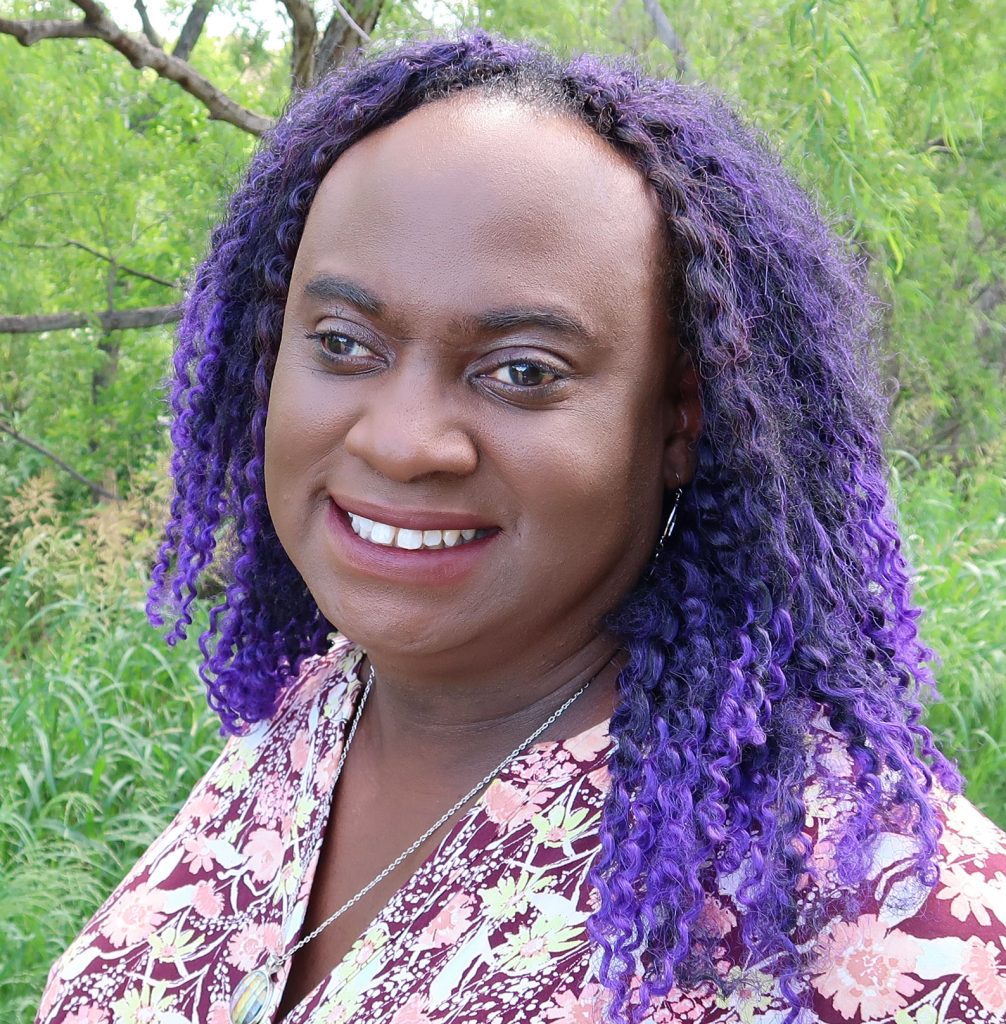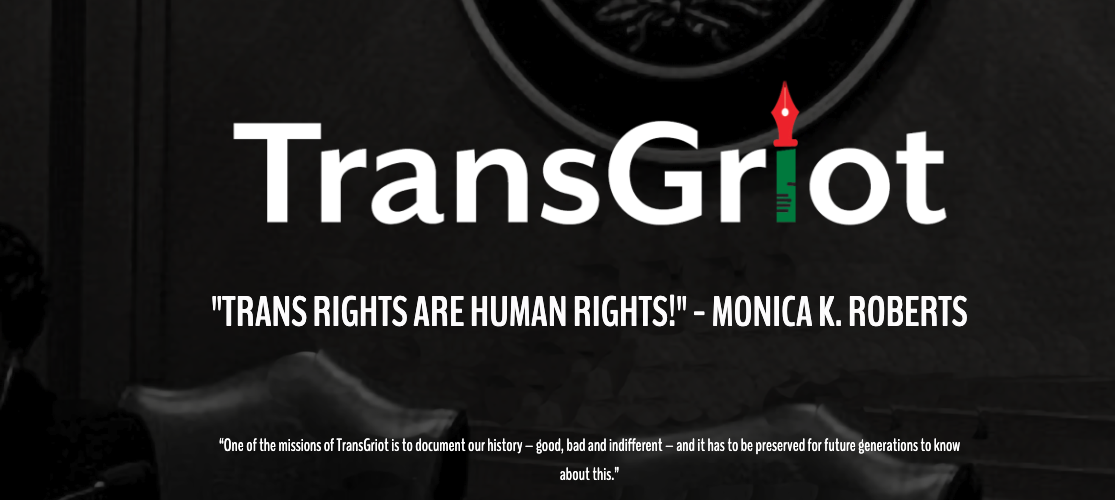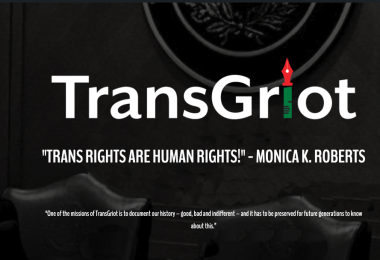by Aubree Calvin
If you’ve been paying attention to recent entertainment trends, you’ve undoubtedly noticed the major theme for the 2020s is nostalgia. Just look at summer movies. Barbie has been around since 1959 and is finally getting a live action film. Indiana Jones, Transformers, and the Little Mermaid were continuations or reimaginings of 1980s properties. I could go on, but the point is that popular culture has generational cycles. There’s a rhythm to how touchpoints of the past are refreshed for newer generations, lately with more minority and queer inclusive storylines. If I had known the new Fresh Prince drama was going to make Ashley Banks queer, I would have watched the show from the very beginning. Teen stillstrugglingtounderstandmydysphoria trans me connected with 1990s Ashley in a way I didn’t yet understand.
Political movements operate in a similar fashion. History teaches us that expansions of human rights inevitably lead to pushback. Following the American Civil War, the passage of the 13th, 14th, and 15th Amendments supposedly ended slavery, expanded citizenship and protections, and granted all male adult citizens over 21 the right to vote. I say supposedly because one of the pushbacks created was an institutional prison system that even now, looks very similar to slavery. Congress passed the Enforcement Act of 1871, and the Civil Rights Act of 1875 to put some teeth into those new amendments. White supremacists responded with Jim Crow laws, Black Codes, and literacy tests, most of which was upheld by racist Supreme Court rulings.
In the 1950s and 1960s people organized to tear down structured racial inequality and institutional discrimination. The white response was the establishment of segregation academies, cities dragging their feet implementing school integration plans, and the mobilization of the religious right to become firmly entrenched in the Republican Party. The Supreme Court’s latest blow to affirmative action is just another in a series of rulings that began in 1978. After the Stonewall Riots finally gave national attention to the growing gay rights movement, we started to see greater acceptance by the public, and local non-discrimination ordinances. Then homophobic Anita Bryant helped spearhead a national push against gay and lesbian protections. And let’s be clear, all those liberal pushes for equality in the mid-1900s were full of queer and gender non-conforming activists and leaders, even before Stonewall, who later used the tactics they learned to push the cause of gay rights.
There are dozens more examples I could mention, but the overall point is the pushback we’re seeing is normal. This current attack on LGBTQ+ people follows the same pattern. The 2013 Windsor decision struck down DOMA. 2015’s Obergefell established same-sex marriage as protected under the 14th Amendment. In 2020 the Court ruled the 1964 Civil Rights Act entitled gay and trans workers to job discrimination protections. So the recent slew of oppressive anti-LGBtQ legislation that’s taken over state legislatures is right on schedule. It is a part of the political cycle.
I came out in 2014, the same year Laverne Cox graced the cover of Time Magazine, and their infamous “Trans Tipping Point” story brought some positive attention (for once) to the lives of trans US Americans. For a few years, it seemed like things were starting to get better for our people, at least in the United States. It seemed like our stories were finally being told with our own voices, and people were listening. Major news media actually focused on the number of trans people, particularly people of color who are victims of violence on a yearly basis. Stories of job discrimination and housing insecurity too. But we also had stories celebrating our culture, chosen families, and queer joy. Our humanity was showing and that was a threat to the powerful segments of the world that believes our existence undermines their moral authority.
In the 2020 and 2022 elections, Conservatives at the state, local and national level decided to use us as their political punching bags. They know their voter base is shrinking. The more diverse the country is, the more we move away from authoritarian fundamentalist Christian beliefs, the more we challenge the antiquated view of what family is, and what America looks like, the more they lose power. So this is their pushback.
We have to remember that the fight for equality is a long one. Like those movements mentioned above, progress can be slow, and there will be setbacks. However, we’re already seeing that these new anti-LGBTQ state laws are pushing congressional Democrats to introduce greater national transgender protections. And maybe seeing such blatant oppression, thinly disguised as laws to protect children from non-existent threats, will be enough to convince a few moderate or conservative voters with LGBTQ+ loved ones to vote differently in their next election.
They are trying to legislate us out of existence because they can’t silence us. But if we keep advocating, organizing, partnering with supportive allies, and making our voices heard at all levels of government, eventually we will win. Just like Star Wars movies, rom-coms, and multi-million dollar action films with incoherent plots, we aren’t going anywhere.

Aubree Calvin (she/hers) is a freelance writer in north Texas. She’s also the co/host of the Southern Queeries podcast.







